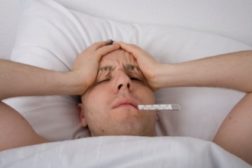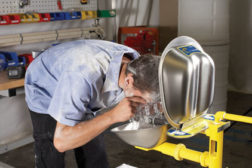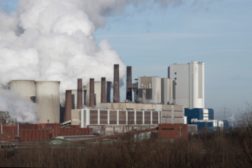Workplace Health
It pays to have paid sick leave
Workers with access to it 28% less like to suffer injuries
August 1, 2012
Protective eyewear can ward off injuries in young athletes
Doctors warn of spike in sports-related eye injuries with start of training season
July 30, 2012
Never miss the latest news and trends driving the safety industry
eNewsletter | Website | eMagazine
JOIN TODAYCopyright ©2024. All Rights Reserved BNP Media.
Design, CMS, Hosting & Web Development :: ePublishing








